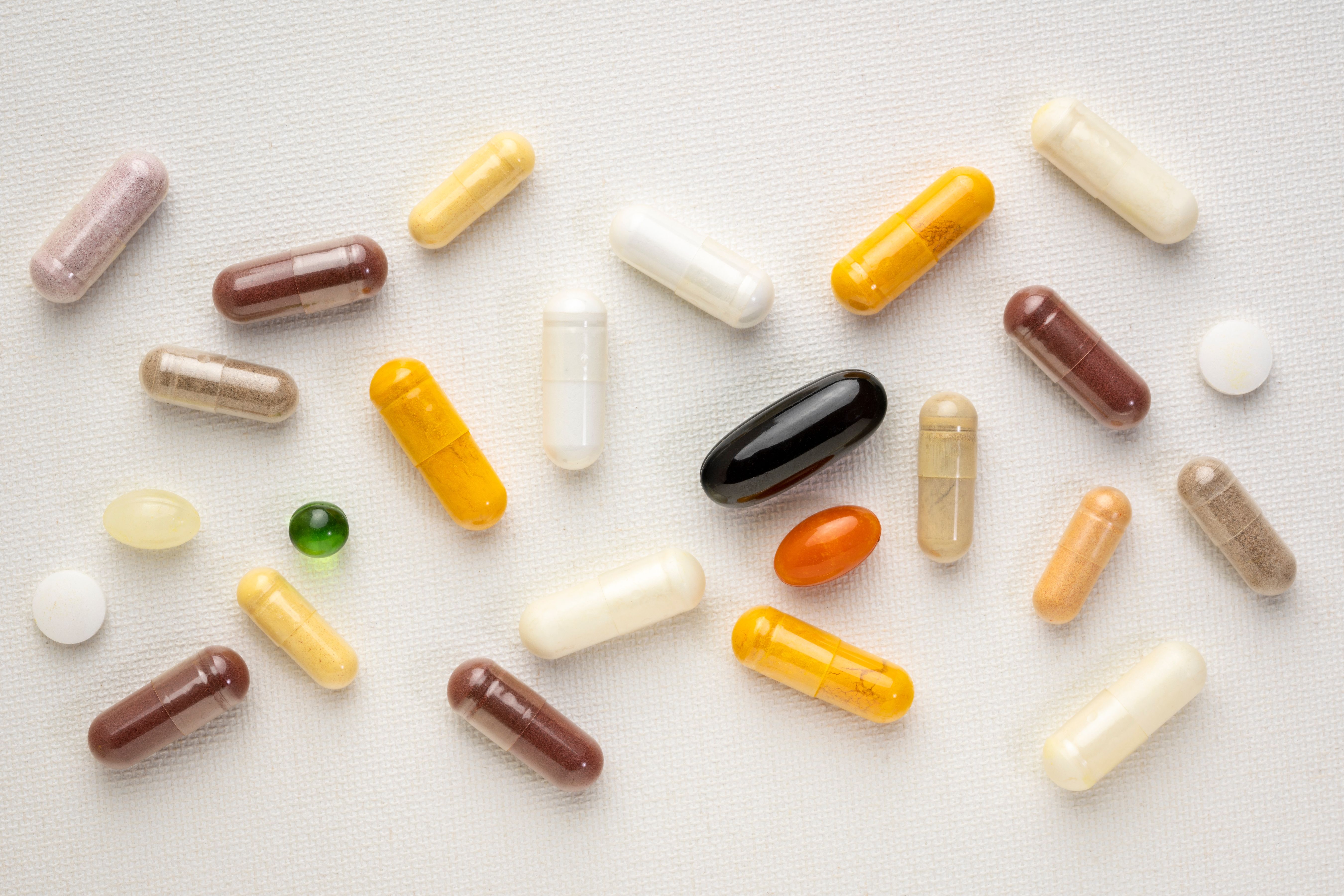Article
Vitamin D Deficiency During Pregnancy Impacts Childhood Development
Author(s):
Inadequate vitamin D during pregnancy may lead to children having stunted social and motor skills.
New findings suggest that pregnant mothers should ensure they are receiving enough vitamin D through food, sun exposure, or supplementation.
Inadequate levels of vitamin D during pregnancy could be detrimental to the development of social and motor skills of young children, according to a study published by the British Journal of Nutrition.
The authors found that pregnant women who were deficient in vitamin D were more likely to have children with low scores on tests for gross and fine motor development at age 2.5 years.
“The importance of vitamin D sufficiency should not be underestimated,” said lead author Dr Andrea Darling. “It is well-known to be good for our musculoskeletal systems, but our research shows that if levels are low in expectant mothers, it can affect the development of their children in their early years of life.”
Included in the study were data from more than 7000 mother-child pairs. The vitamin D levels of mothers were assessed and children underwent coordination tests, which included kicking a ball, balancing, holding a pencil, and building a tower with bricks.
In addition to the physical effects, vitamin D deficiency was also linked to poor social development at age 3.5 years, according to the study.
However, the authors note that maternal vitamin D deficiency during pregnancy was not linked to poor results for IQ and reading tests between the ages of 7 and 9 years.
Previous animal studies have shown that neurocognitive development is severely impacted by low levels of vitamin D. The authors believe that interactions between vitamin D and dopamine may play a role in the neurological development of areas of the brain that control motor and social development, according to the study.
These results suggest that pregnant women should ensure that they are getting enough vitamin D to ensure proper development for their children, which may be difficult, according to the authors.
“Vitamin D is found in oily fish (eg salmon, sardines, mackerel, and fresh tuna) and in small amounts of red meat, eggs, fortified fat spreads, and some breakfast cereals,” Dr Darling said. “However, unless a large portion of oily fish (100g) is eaten daily it is difficult to get the recommended daily intake of 10 micrograms per day from food alone.”
Since it is difficult to get the recommended amount of vitamin D through food and sun exposure, pregnant mothers may consider supplementation. However, the authors caution that individuals should not be careful not to take too much of the vitamin, according to the study.
“Many pregnant women, especially those from minority groups with darker skin, will still need to take a 10 micrograms vitamin D supplement daily, particularly in the autumn and winter when vitamin D cannot be made from the sun in the UK,” Dr Darling said. “However, it is important to remember that ‘more is not necessarily better’ and it is important not to take too much vitamin D from supplements as it can be toxic in very high doses”.






